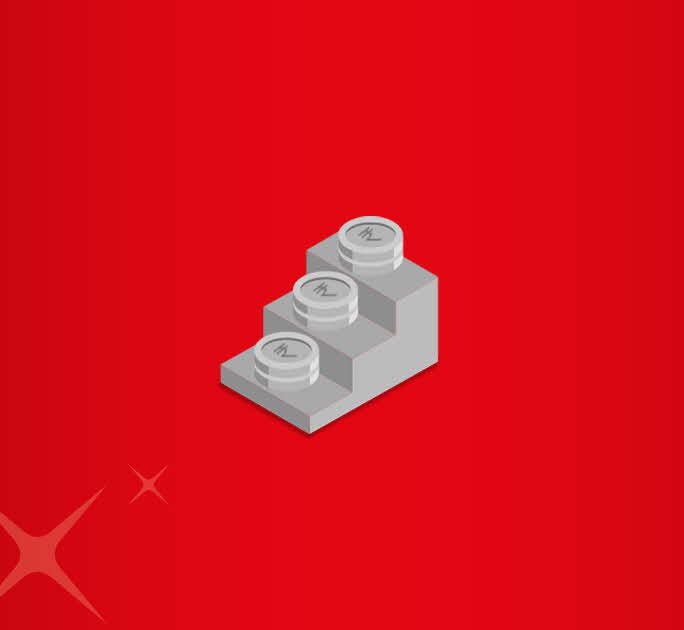- Save
- Invest
- Borrow
- Pay
- More
- Customer Services

SIP vs FD
Comparing the differences to find out which is better – FD or SIP
Key Takeaways
- Fixed Deposits and Systematic Investment Plan (SIP) Mutual Funds are two popular investment instruments
- SIPs allow you to invest small amounts at regular intervals in mutual funds.
- FDs are lump sum investments on which you can earn interest at predetermined, fixed interest rates
- SIPS involve market risks, while FDs are ideal for conservative investors looking for capital protection.
- You can decide which is better – FD or SIP based on your investment goals and risk profiles.
Today, you can easily grow your wealth by investing in various kinds of instruments. However, with so many investment options available, making informed investment decisions can be somewhat confusing. Among the many investment options, the Systematic Investment Plan (SIP) Mutual Funds and Fixed Deposit (FD) are popular investment choices among investors. So, we decided to compare which is better – FD or SIP. Read on to find out.
SIP vs Fixed Deposit
What are SIPs?
A Systematic Investment Plan is a method to invest in Mutual Funds schemes through small amounts at regular intervals. SIPs are an excellent tool for beginners looking to start investing in Mutual Funds. An investment in Mutual Funds via SIPs can help you fetch good returns and inculcate a habit of regular saving and disciplined investing. SIPs also help you determine the appropriate investment amounts based on your investment goals and needs.
What are FDs?
A Fixed Deposit or FD is an instrument that allows you to invest a lump sum amount for a specific period, ranging from 7 days to 10 years or more. It is a relatively safe investment since FD interest rates are pre-decided, making them apt investments for investors with lower risk appetites. You can open FDs through banks, NBFCs, and certain Post Office branches in India.
SIP or FD – Which is Better
You can assess SIP vs FD investments, based on the below characteristics.
Investment Amount
While investing in both SIPs and FDs is relatively easy, the investment amount between the two differs. You can invest in SIPs in small amounts. However, an FD is a term investment wherein you typically have to make a lump sum investment at one go.
Interest Rates
Interest rate is another valid point of comparison in SIP vs FD investments. With SIPs, you are investing in the stock market, and thus the SIP interest rate upon which you will earn returns is determined by market conditions. Conversely, FD interest rates are predetermined at the time of FD creation, and you receive the same interest rate throughout your chosen FD tenure until the FD matures.
Risk and Returns
With SIPs, mutual funds units are allotted based on the NAV of the fund. You get more units when the fund market price is low and fewer units when the price is high. As such, there is are inherent market risks associated with SIP investments while returns are subject to market conditions. Fixed Deposits, however, are free from market risks. You get fixed returns, and the bank returns the investment amount when the FD matures.
Final Note
While comparing SIP vs FD, you must consider the attributes mentioned above. Also, ensure you assess your risk appetite, investment objectives and preferred investment tenures before investing. It would be best if you diversify your investment portfolio to include both SIPs and Fixed Deposits.
The time to invest is now, and you can start your first, or next SIP investment with wby DBS. Also, open your savings account with us.
*Disclaimer: This article is for information purposes only. We recommend you get in touch with your income tax advisor or CA for expert advice.












